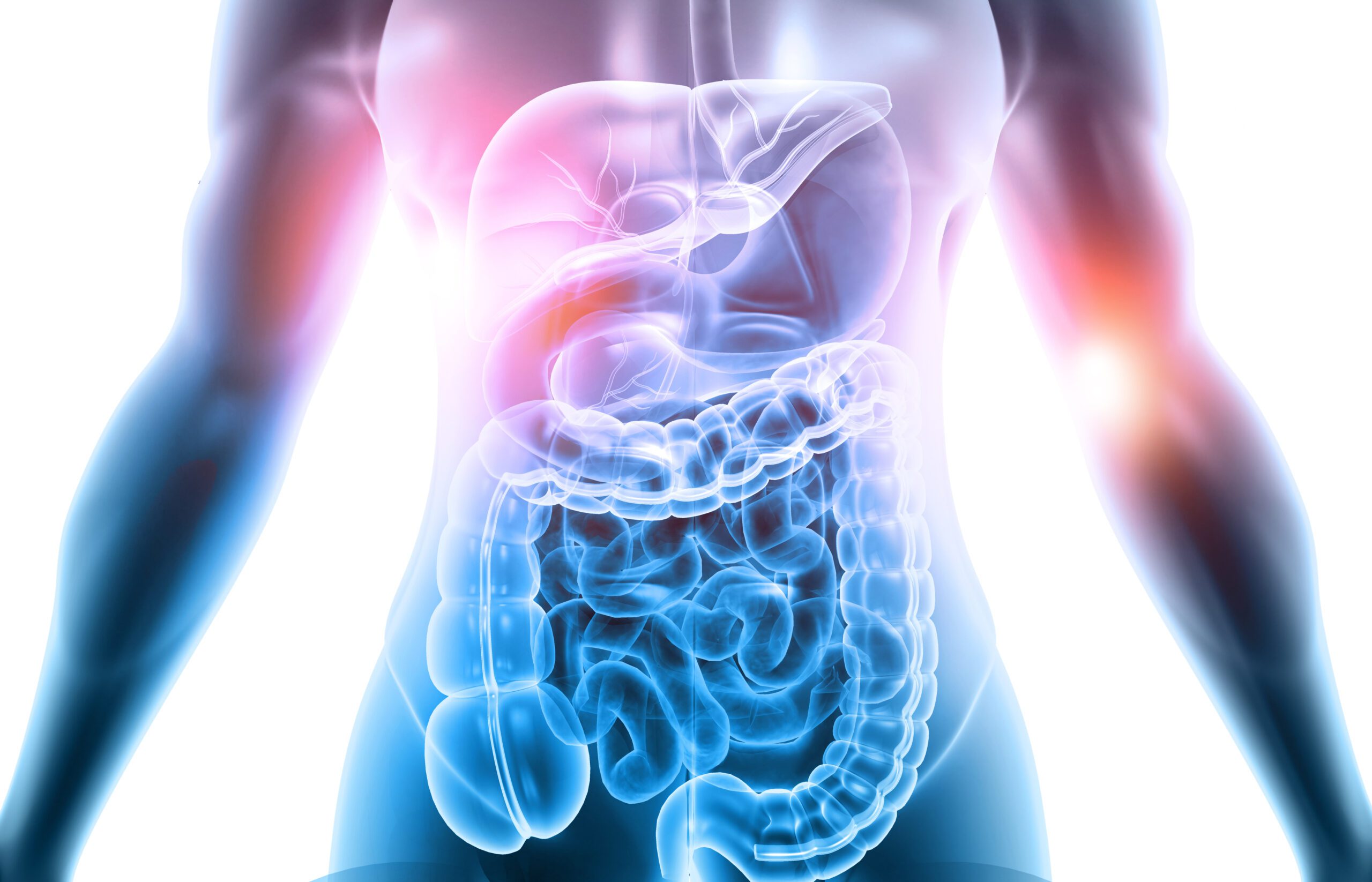
Health News
Features
-
A Strong Health Team Can Help Detect, Mitigate Birth Defects
by TERESA SCHIFFER Sponsored by Central Florida Health Care January is National Birth Defects Awareness Month, a time for discussions about how different birth defects can affect individuals over the course of their lifespan, and what can be done to minimize the risk of these occurrences. It’s important to understand that the term “birth defect”…
-
Pop Quiz: Trust Your Gut
How Much Do You Know About Microbiomes and Your Digestive Health? Did you know that some kinds of bacteria are actually beneficial to have in your digestive tract? While it may sound counterintuitive, certain strains of bacteria — like lactobacilli and Bifidobacteria, which make up your gut microbiome — offer a host of benefits for…
-
Funding the Future of Nursing
AdventHealth to Provide $1.7 Million for Polk State Program story and photos by PAUL CATALA Since 1965, Polk State College has instructed, encouraged, and placed about 21,500 students into successful nursing careers. On average, 430 nurses graduate from the school’s nursing college each year. Now that program will have even more to offer thanks to…
Columns
-
Understandings the Causes of Strokes and TIAs
Are you at risk for brain attack ( stroke or mini-stroke)? Approximately 700,000 strokes occur each year in the United States Stroke, or brain attack, is a disease that involves the blood vessels that supply blood to the brain. A stroke occurs when a blood vessel that brings oxygen to the brain gets blocked by…
-
Warning! Certain Eye Drops Could Cause More Harm Than Good!
Bill Corkins, O.D. When the FDA approves eye drops, the drops are required to have a preservative added. Most people think a preservative makes the eye drops last longer, which it does not. If I am instilling an eye drop in my eye and I accidentally touch the tip of the bottle to my eyelashes,…
-
Common Causes of Mesenteric Ischemia
Acute mesenteric ischemia patients are typically older and present with severe pain in the tummy, which is out of proportion to the examination. The patient subjectively describes pain in the tummy that is very severe but there is minimal tenderness elicited on physical examination. Other features will be elevated white blood cell count and acidosis…





